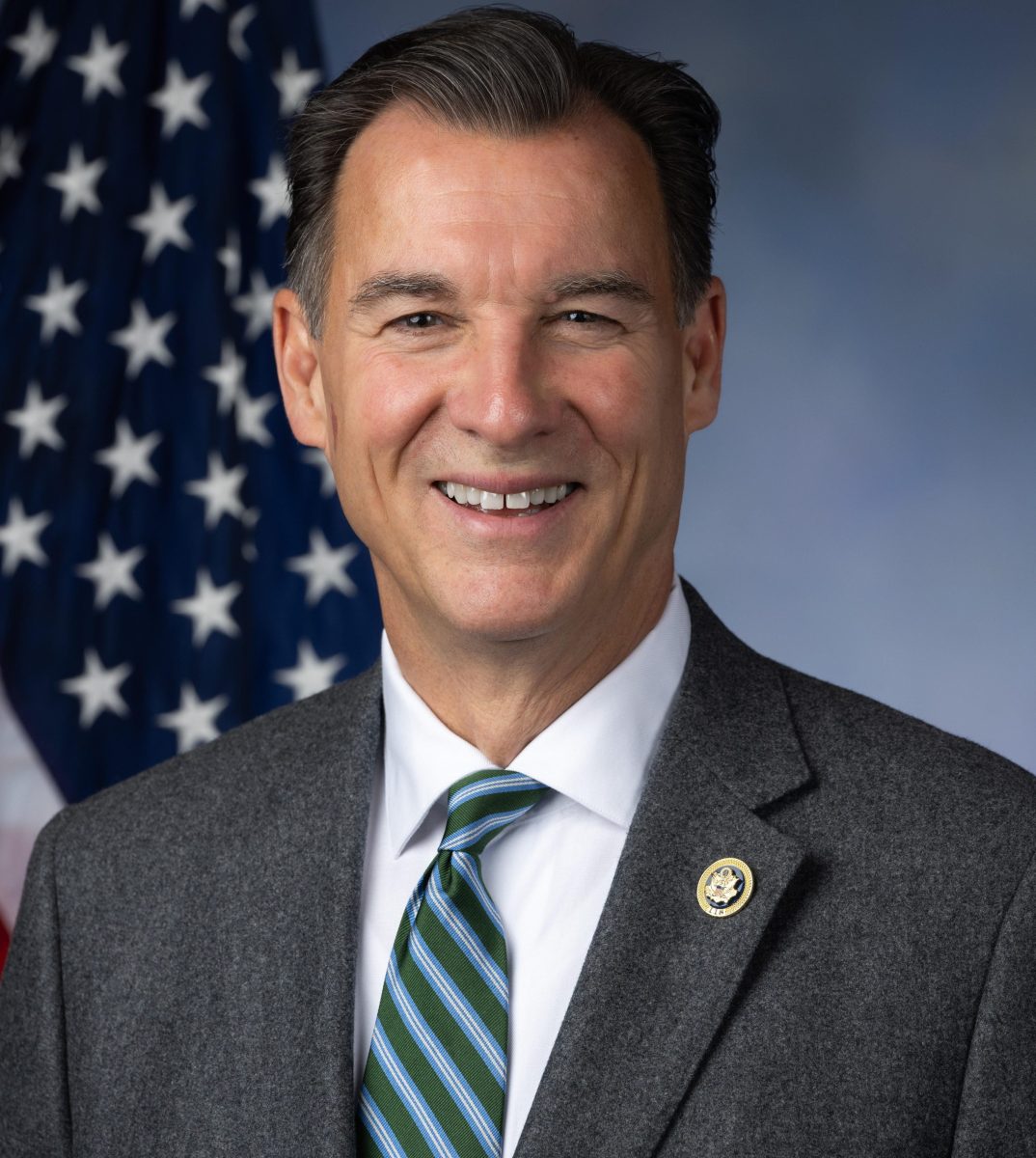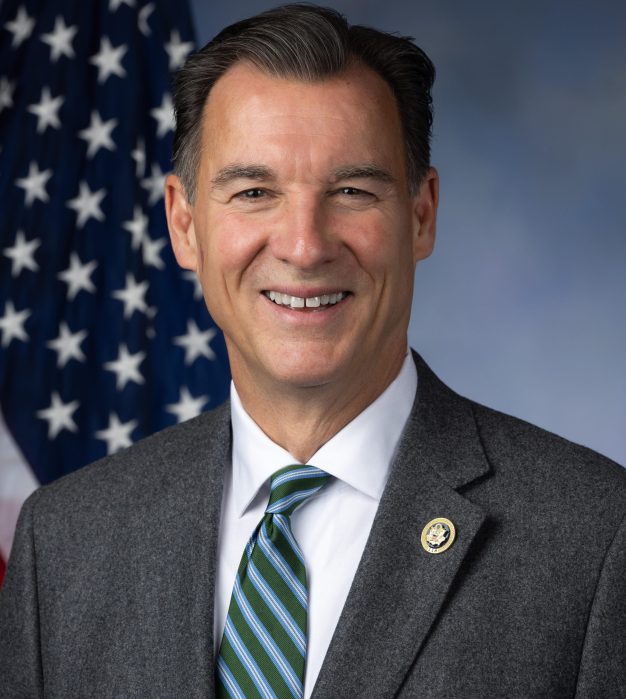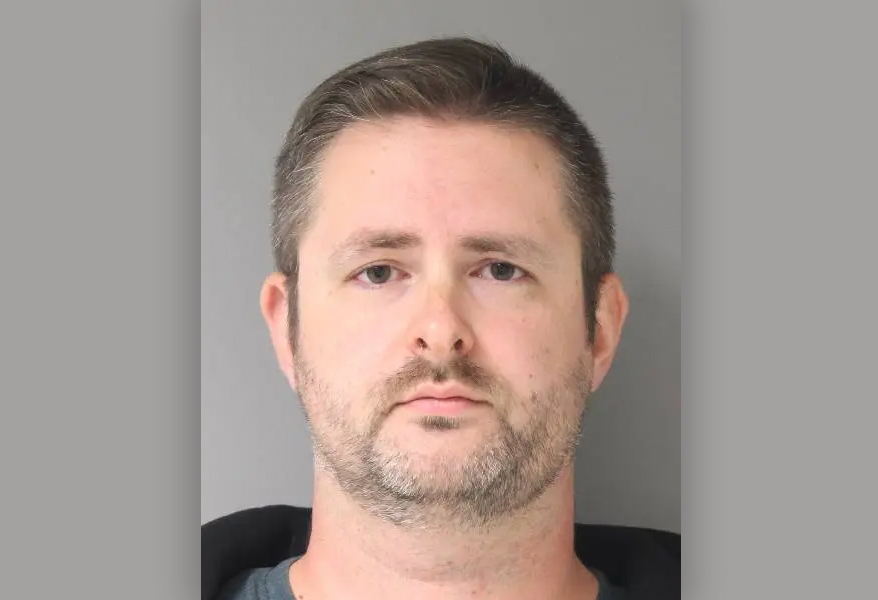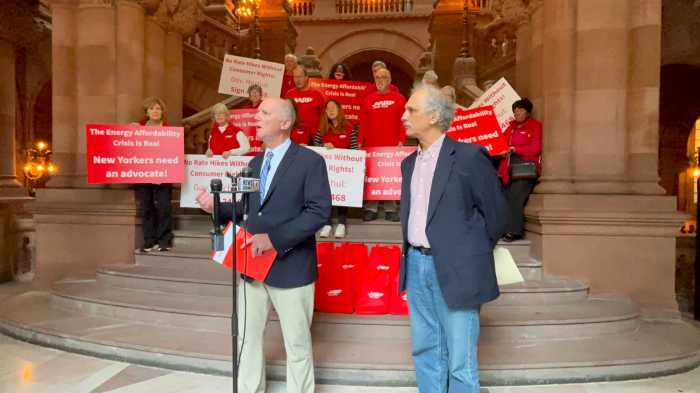The newly created Department of Government Efficiency is attempting to cut the federal government in the name of efficiency. That’s a worthy goal.
We must cut waste, fraud, and abuse. However, the execution has been chaotic, and some efforts—driven by both the administration and Elon Musk—have occasionally been unconstitutional and often reckless.
I fully support rooting out waste, fraud, and abuse in the federal government—I have cut waste, fraud and abuse in government. Just days before my inauguration as Nassau County Executive in 2002, the Maxwell School of Public Affairs rated Nassau the “worst-run county in the nation.”
I inherited a government on the brink of bankruptcy and implemented an aggressive four-year recovery plan—an early, more focused version of DOGE—to close a $428 million deficit.
We eliminated wasteful contracts, reduced borrowing, and cut the workforce by more than 10% and 1,200 employees to its smallest size in 30 years. We radically redesigned county operations, making government more efficient without sacrificing essential services.
By 2005, Governing Magazine credited me as “the man who spearheaded Nassau County, New York’s remarkable turnaround from the brink of fiscal disaster.”
To achieve government efficiency, we used a scalpel, not a chainsaw.
Instead of laying off low-wage new employees, we used retirement incentives and attrition of high-wage senior employees. We did not replace them when they retired, and we used technology and consolidation to actually improve operations and services.
DOGE, by contrast, is taking a reckless, indiscriminate approach, more like a bull-in-a-China-shop.
Instead of carefully targeting inefficiencies and making strategic reforms. Reform should be about smart, sustainable change—not just slashing for the sake of slashing.
DOGE’s dysfunction is especially evident at the IRS, where thousands of probationary workers were slated for layoffs in the middle of tax season—despite previous assurances that tax workers wouldn’t be cut until after the filing deadline.
The U.S. Department of Agriculture admitted that it had “accidentally” fired agency employees who are working on the federal government’s response to the H5N1 avian flu outbreak. Can you imagine that?
Just last week, dozens of CDC employees charged with training public health laboratory staff and supporting measles outbreak response efforts were fired. These firings will worsen outbreaks and ultimately threaten the health of all Americans in the face of the next public health emergency.
Even more alarming was the abrupt firing of National Nuclear Security Administration personnel responsible for overseeing the U.S. nuclear stockpile and counterterrorism efforts. In a stunning reversal, the administration later attempted to rehire many of them—only to face obstacles due to revoked security clearances and lost federal access.
I expect that more Republicans will soon push back against DOGE’s reckless approach, recognizing its risks to governance, national security, and economic stability. Representative Don Bacon (R-NE), a member of my Problem Solvers Caucus, has called for targeted reductions, cautioning against rash cuts and emphasizing the need for careful study.
Representative Andrew Garbarino, a fellow Long Islander, has publicly opposed proposed DOGE cuts that would affect health care for 9/11 first responders.
Representative Mario Diaz-Balart (R-FL), who chairs the House subcommittee that oversees USAID funding, asserted that Congress “still has the power of the purse, and I zealously protect the power of the purse.”
Even members of the conservative House Freedom Caucus, like Gary Palmer of Alabama, are raising constitutional concerns, noting that dismantling the Department of Education “requires congressional approval and cannot be done by executive order.”
The Constitution was designed to ensure major policy changes require cooperation between the executive and legislative branches.
Congress must reclaim its authority by legislating effectively, regardless of partisan divisions. Lawmakers need to find common ground and pass durable, bipartisan policies that extend beyond any single administration.
Americans are tired of the status quo. They are frustrated with partisan bickering, legislative gridlock, and the perception that too many members of Congress prioritize scoring political points over solving real problems. They are demanding action, and it is our duty to deliver.
This Congress is narrowly divided. The Republicans only have a two-seat majority to work with, and they will be more
effective if they work with Democrats to get things done.
We cannot solve complex problems in an atmosphere of fear and anger. True solutions require people of goodwill, even people who may disagree, to do the hard work to find common ground for the common good.


































